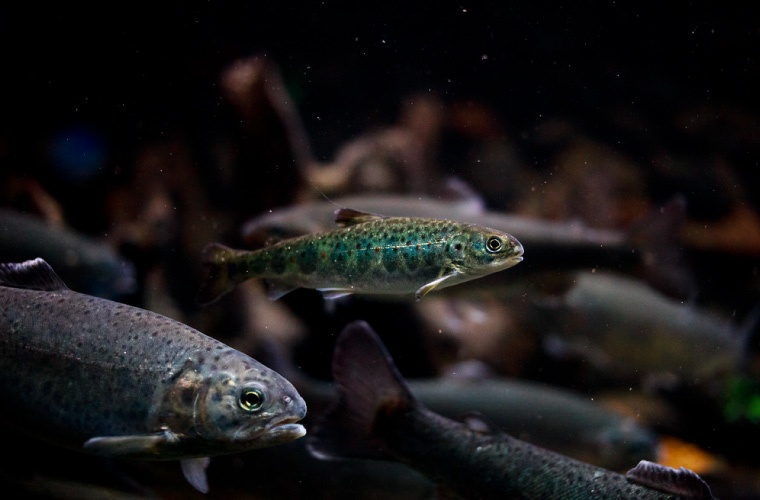
Researchers from the University of Glasgow and Scotland's Rural College have conducted a pioneering study revealing how the type of hatchery significantly influences the gill microbiome of Atlantic salmon (Salmo salar) after being transferred to the sea.
This recently published research compares the impact of different freshwater rearing systems—including Recirculating Aquaculture Systems (RAS), Flow-Through systems (FT), and lake-based systems (loch)—on the health and development of salmon during the crucial transition phase to the marine environment.
The study highlights that the hatchery type not only affects the microbiological composition during the freshwater phase but also that this influence persists even after the fish are transferred to the sea. Although gill microbiomes tend to become more similar post-transfer, the researchers found that the "signature" of the originating hatchery remains evident, which could have significant implications for the fish's health during their growth in saltwater.
Each hatchery system presents advantages and disadvantages. RAS, which allow for strict control of environmental conditions, have proven to be highly efficient, though their high implementation and maintenance costs are a factor to consider. FT systems, on the other hand, offer a balance between control and cost, while lake-based systems, though more economical, leave fish exposed to less predictable environmental fluctuations.
This study offers new insights for the aquaculture industry, suggesting that optimizing the gill microbiome during the freshwater rearing phase could have long-lasting effects on fish health during their marine life. These findings could lead to the development of new strategies to improve the health and performance of salmon in commercial aquaculture, marking a significant advancement in the sustainable management of this valuable species.


